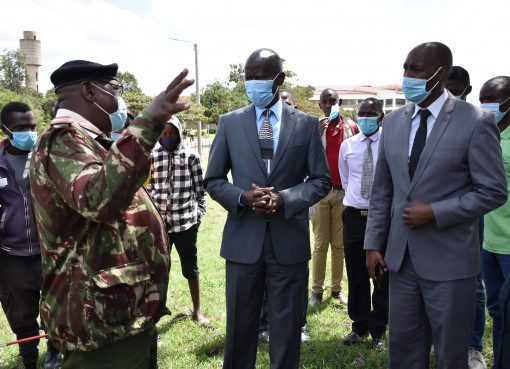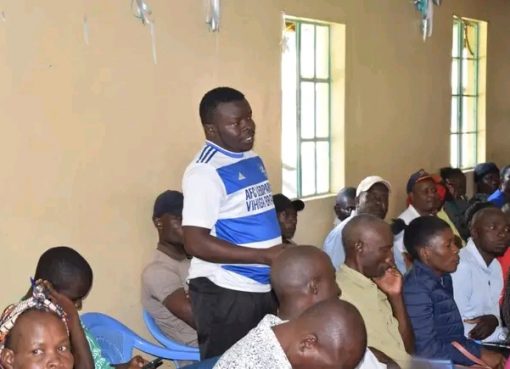At least 3,000 Community Health Promoters (CHPS) will be trained by the County Government of Nakuru, in order to enhance their capacity in service delivery.
The County Executive Committee Member (CECM)-In-Charge of Health Services, Ms Roseline Mungai, said the County will ensure community health promoters, are well equipped with adequate skills, to do their work well, as one way of reducing the burden on the healthcare system, by preventing diseases, promoting healthier lifestyles and providing vital health support to families.
Ms Mungai announced that the first training cohort of over 500 CHPS from Njoro, Subukia, Kuresoi South, Bahati, and Gilgil Sub-counties, was in progress focusing on Integrated Community Case Management (ICCM) and Non-Communicable Diseases.
The CECM affirmed that Governor, Susan Kihika’s Administration had committed to ensure the success of the Community Health Promoters (CHPS) programme, by allocating adequate resources.
Ms Mungai emphasized that strengthening of Primary Health Care (PHC), was at the heart of Universal Health Coverage (UHC) and, therefore, as the CHP programme kicks-off there was need for adequate support from all stakeholders.
She said the County Government valued the health workforce because it is central to the delivery of quality health services and that they were exploring local and international development partnerships, to prioritize support for the community health program, as a key contributor to UHC.
The Community Health Promoters, she said, will handle patients at the households, and refer them to Level 2 hospitals, where they are likely to be referred to Level 3, 4 and 5, as per the need of care.
The CECM said that the County would also educate community members on safe drinking water, availability of toilets and handwashing facilities, made of locally available materials.
They would also report any events in the villages such as cases of diarrhoea, cholera and malaria.
“Community health approach, was one way of helping reverse the trend in worsening health indicators, like maternal and child deaths, and reducing burden of diseases, more so communicable diseases,” said Ms Mungai.
The CECM explained that the initial training takes about 10 days, and for a further three months to cover the entire training package, which is prioritized based on the disease burden of each county.
“For example, promoters in malaria pandemic zones, are said to be taught basics of malaria and prevention. They are also equipped with basics in non-communicable diseases such as diabetes and hypertension,” she said.
Other segments include sensitizing individuals on safe environments, clean cooking, importance of toilet use and consumption of safe water and handwashing.
According to Ms Mungai, focus on promotive and preventive health, will revamp the healthcare system, and reduce ever rising healthcare costs.
By Esther Mwangi




